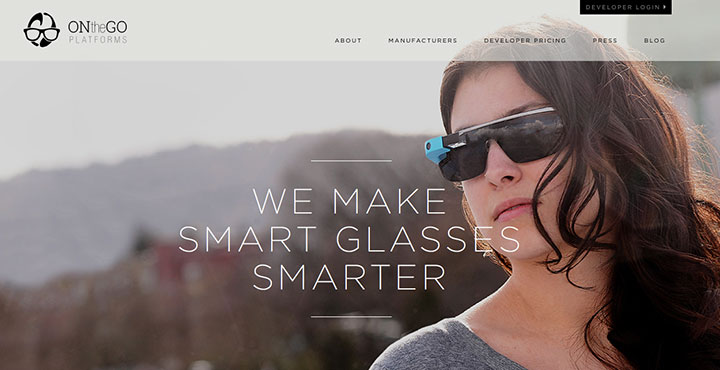Geostellar, PENSCO Trust Seek Startup Capital Via JOBS Act
By Techli
11 abril, 2014
One of the mysteries of the startup community has been leveraging the Federal Jumpstart Our Business Startups (JOBS) Act, which allows smaller investors to invest in private companies. And so it is with great interest that this week, the four-year-old startup Geostellar – which operates an online solar marketplace for residential users – announced a partnership with PENSCO Trust Company, an IRA custodian with approximately $10 billion in assets under management. The two organizations will seek to crowdfund capital through the tax-advantaged Geostellar Solar Energy Market Growth Fund. “Until recently, only professional, well-connected investors could participate in the financing of promising ventures,” said David Levine, CEO of Geostellar. As of today, the D.C.-area based Geostellar has raised $985,000 through its 90-day fundraising campaign on theReturn for Change crowdfunding platform and hopes to raise $1 million in total by April 20. If the company is able to raise the full amount, Levine says half of it will go toward sales and marketing, $340,000 will go toward product development, $100,000 will go toward operating infrastructure, and $60,000 will go toward general and administrative expenses. Investors who choose to invest in Geostellar will also receive equity in the company. Yet, in order to be considered an eligible investor, they (including spouse) must have a $1 million net worth excluding the value of their primary residence or at least $200,000 of income in the last two years ($300,000 in joint income). Given that about $18 trillion is currently held in retirement accounts such as IRAs and 401(k)s, the pool of eligible investors has never been larger. “As more and more investors look for products that are socially and environmentally responsible to generate income, self-directed IRAs have grown in popularity over the last few years as a way to invest in privately-held companies,” said PENSCO CEO Kelly Rodriguez. Since Geostellar’s inception in Feb. 10, it has raised more than $16 million, much of it through traditional investing platforms. In fact, the company originally had funding from NRG Energy, but bought back the equity and turned the preferred stock into common stock. This has allowed people to invest in the company at a lower valuation despite having the capabilities of a more mature company. Levine is hoping his gambit serves as a model for startups to raise capital in today’s market. “With this offering, we’re setting a new standard for the availability, transparency and accountability of private companies in the sale of tax-advantaged securities.”
Techli
Edward is the founder and CEO of Techli.com. He is a writer, U.S. Army veteran, serial entrepreneur and chronic early adopter. Having worked for startups in Silicon Valley and Chicago, he founded, grew and successfully exited his own previous startup and loves telling the stories of innovators. Email: Edward.Domain@techli.com | @EdwardDomain










